Complete Story
02/27/2023
Board Approves Telehealth Rules
The State Medical Board adopted new telehealth rules that will become effective on February 28, 2023. These rules implement the requirements of the telehealth statute (R.C. 4743.09) for the following Medical Board health care professionals: physicians (MD, DO, and DPM), physician assistants, dietitians, respiratory care professionals, and genetic counselors.
Below is a quick summary of these new rules. Licensees are encouraged to read the complete law and rules which are available in the Laws & Rules section on med.ohio.gov.
General Telehealth Provisions (OAC rule 4731‐37‐01)
- Allows health care professionals to provide telehealth services to a patient located in Ohio if they can meet the standard of care for the patient and their medical condition
- Because the rules only address telehealth services provided to patients located in Ohio, health care professionals should consult the laws and rules of any other state where a prospective patient is located to determine how to provide telehealth services lawfully in that situation
- Requires the standard of care for telehealth services is the same as the standard of care for an in‐person visit
- Permits health care professionals to use synchronous or asynchronous communication technology to provide telehealth services if the standard of care for an in‐person visit can be met for the patient and their medical condition with the technology selected
- Telephone calls can only be used for telehealth services when all the elements of a bona fide health care visit meeting the standard of care are performed. Telephone calls that are routine or simply communicate information to the patient are not telehealth services
- Explains when a health care professional must see the patient in‐person or refer the patient
- If a health care professional determines at any time while providing telehealth services to a patient that the standard of care for an in‐person visit cannot be met, the health care professional shall either see the patient in‐person within a reasonable time or make an appropriate referral to another health care professional that can meet the standard of care
- Describes requirements for formal consultations with another health care professional
- Allows physicians and physician assistants to provide telehealth services using remote monitoring devices if consent from patient is obtained and the devices have been cleared, approved, or authorized by the FDA and comply with all federal requirements
- Provides requirements for a physician or physician assistant, who holds a valid prescriber number and has been granted physician‐delegated prescriptive authority, to prescribe, personally furnish, or otherwise provide a non‐controlled prescription drug while providing telehealth services.
Controlled Substance and Telehealth Prescribing (OAC rule 4731‐11‐09)
- Requires a physician or physician assistant, who holds a valid prescriber number and has been granted physician‐delegated prescriptive authority, to comply with federal law requirements when prescribing, personally furnishing, or otherwise providing controlled prescription drugs
- Requires a physician or physician assistant prescribing, personally furnishing, or otherwise providing a controlled prescription drugs through telehealth shall also comply with the requirements of OAC rule 4731‐37‐01 and the additional requirements in this rule
- Requires that a physician or physician assistant conduct a physical examination for a new patient before prescribing a schedule II controlled substance except in the following situations where telehealth may be used:
- The medical record of a new patient indicates that the patient is receiving hospice or palliative care;
- The patient has a substance use disorder, and the controlled substance is FDA approved for and prescribed for medication assisted treatment or to treat opioid use disorder.
- The patient has a mental health condition and the controlled substance prescribed is prescribed to treat that mental health condition;
- The physician or physician assistant determines in their clinical judgment that the new patient is in an emergency situation provided that the following occurs:
- The physician or physician assistant prescribes only the amount of a schedule II controlled substance to cover the duration of the emergency or an amount not to exceed a three‐day supply whichever
is shorter; - After the emergency situation ends, the physician or physician assistant conducts the physical examination as part of an initial in‐person visit before any further prescribing of a drug that is a schedule
II controlled substance; or
- The physician or physician assistant prescribes only the amount of a schedule II controlled substance to cover the duration of the emergency or an amount not to exceed a three‐day supply whichever
- The prescribing of a controlled substance through telehealth services is being done under an exception permitted by federal law governing prescription drugs that are controlled substances.
If you have questions about the new rules, please email contact@med.ohio.gov.


